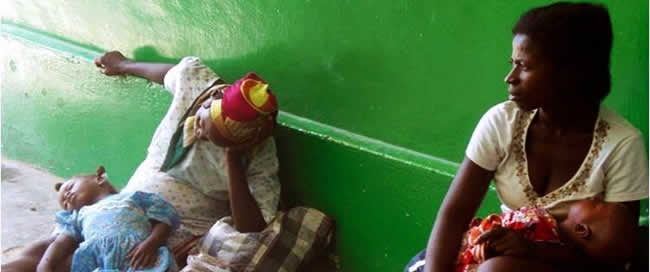
International Women’s Day is on 8th March; Mother’s Day follows shortly thereafter, on the 14th – now, more than ever, it’s all about women. Early March therefore is an ideal opportunity to pay tribute to strong women and otherwise give thanks to the women in our lives. While this is undoubtedly important, it is nonetheless equally important to remember the plight of those women throughout the world who continue to suffer at the hands of poverty.
UN-Habitat defines slum conditions as a living environment with non-durable structures, insecure tenure, lack of water, lack of sanitation, and overcrowding. One billion people – 32 percent of the global urban population – live in urban slums. The UN predicts that, failing a major intervention, this total is set to double in a little over 30 years. Women, children, and widows are the most vulnerable groups among the urban poor. Women are also particularly vulnerable to gender violence during slum clearances and other forms of social upheaval.
As more and more women become involved in the global migration trend, the feminization of urban poverty has grown increasingly acute. Due to economic necessity, work patterns of women have changed considerably with increasing numbers of women from low socio economic settings participating in the work force. The economic value of contributions by women and children to household income in some cases exceed even male contribution. These factors, coupled with further increased urbanization, migration, and industrialization has led to an increase in the number of female-headed households: according to UN-Habitat, women preside over more than a quarter of all households in the developing world (26.8%), while in urban African slums, the total exceeds 30%. It is well-known that female-headed households generally suffer more from poverty, malnutrition and disease; indeed, houses with a female head have been found to face the most frequent and most severe food shortages.
Cultural norms dictate that women in urban slums tend to spend more time in the home caring for their families and their households. Factors in the home such as poor sanitation, leaking roofs and increased flooding and fire risks increase inhabitants’ vulnerability to the spread of disease. Because they spend more time in the home, women are therefore more susceptible to the adverse health outcomes associated with inadequate housing conditions.
UN-Habitat concludes that women living in urban slums are more likely to contract HIV/AIDS than their rural counterparts. Research conducted by the Centre on Housing Rights and Evictions (COHRE) demonstrates that when their housing rights are respected and protected (particularly when they are able to exercise control over housing, land and property), women are better able to cope with the detrimental effects of HIV/AIDS. Indeed, the realisation of housing and land rights may actually prevent HIV/AIDS transmission in certain cases by reducing dependency and enhancing personal autonomy.
Meanwhile, cultural hierarchies or caste systems often significantly disadvantage women. In urban populations of Bengal, India, for example, healthcare is provided according to an individual’s status in a household. Due to women and girls’ lower societal position, less money is spent on them for medical treatment. The impact of this has been demonstrated to a devastating effect in the various Bangladeshi cholera epidemics; women are not taken to hospital until the disease is in a far more advanced stage of development, fatalities among females have been seen to be three times higher than among males.
It is clear that female slum dwellers have extremely limited opportunities for a decent lifestyle: they lack a foundation for healthy and fulfilling lives, and at the same time carry immense responsibilities
for maintaining their homes and families. Global poverty is, in itself, a severe issue, and slum dwellers are undoubtedly particularly vulnerable to adverse social and medical outcomes. Yet at this time of year, with when women’s issues so central, it is worth being aware of how far the struggle has to go – particularly in the developing world.
Diana Inegbenebor is ARCHIVE’s research coordinator based in London.
